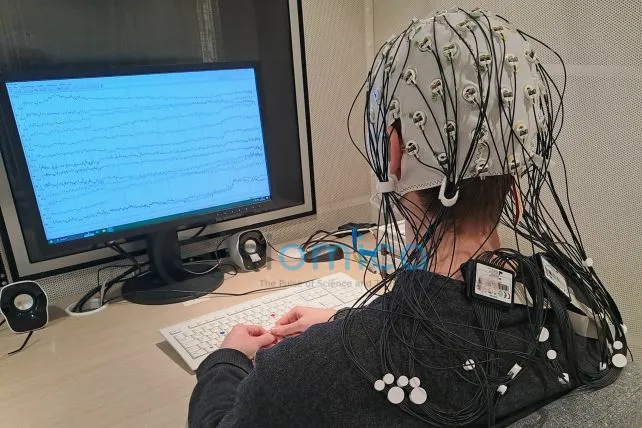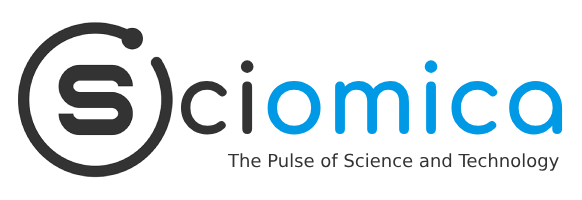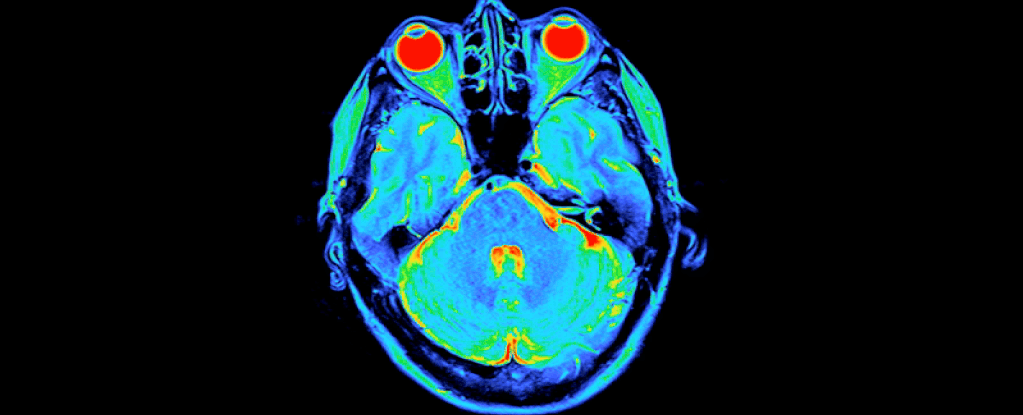A recent study has unveiled a significant connection between brain synchronization and cognitive ability, suggesting that a brain’s coordination, particularly in higher cognitive tasks, is indicative of one’s intelligence.
Researchers at Johannes Gutenberg University Mainz in Germany, led by psychologist Anna-Lena Schubert, examined a phenomenon known as theta connectivity. This refers to the synchronized activity between various brain regions during demanding cognitive tasks, particularly involving slow waves in the frequency range of 4 to 8 Hertz. The findings indicate that this synchronization is not only highly adaptable to shifting mental demands but is also closely associated with individual cognitive capabilities.
Schubert remarked, “Specific signals in the midfrontal brain region are better synchronized in people with higher cognitive ability – especially during demanding phases of reasoning.” The study builds on a growing body of evidence that emphasizes the importance of theta connectivity in upholding cognitive functions and considers it a promising potential marker for cognitive control, which is crucial for adjusting thoughts, behaviors, and emotions in varying contexts.
The research involved 148 participants aged between 18 and 60, who were subjected to a series of tests measuring their memory and intelligence. Following this, participants wore non-invasive electroencephalography (EEG) caps to monitor brain activity while completing three separate mentally taxing tasks, each with different sets of rules.

The tasks included evaluating whether digits were higher or lower than five, identifying shapes within complex figures known as Navon figures, and determining the comparative value of numbers and letters displayed simultaneously. This varied nature of challenges aimed to examine the participants’ adaptability to new rules and the correlation evident within their theta brain waves.
Surprisingly, researchers discovered a robust coordination of brain functions in real-time as participants navigated the tasks. Notably, those who excelled in the intelligence and memory assessments exhibited enhanced theta connectivity during the activities.
Schubert explained, “People with stronger midfrontal theta connectivity are often better at maintaining focus and tuning out distractions, whether it’s avoiding a buzzing phone while working or focusing on reading a book in a noisy train station.” The study concluded that the ability to seamlessly switch between tasks is a critical component of higher cognitive performance.
The researchers clarified that only theta connectivity during tasks related to responses—rather than during mere cue-related adjustments—correlated strongly with cognitive abilities. These findings significantly contribute to the theoretical understanding of intelligence by highlighting how specific cognitive control aspects are intertwined with cognitive prowess.
Looking forward, the implications of this research extend beyond mere understanding; they suggest potential avenues for developing brain training programs and diagnostic methods aimed at assessing cognitive function. However, Schubert cautioned that practical applications remain a long way off, emphasizing the foundational role their study plays in exploring intelligence at a neurobiological level.
The research has been published in the Journal of Experimental Psychology: General.







